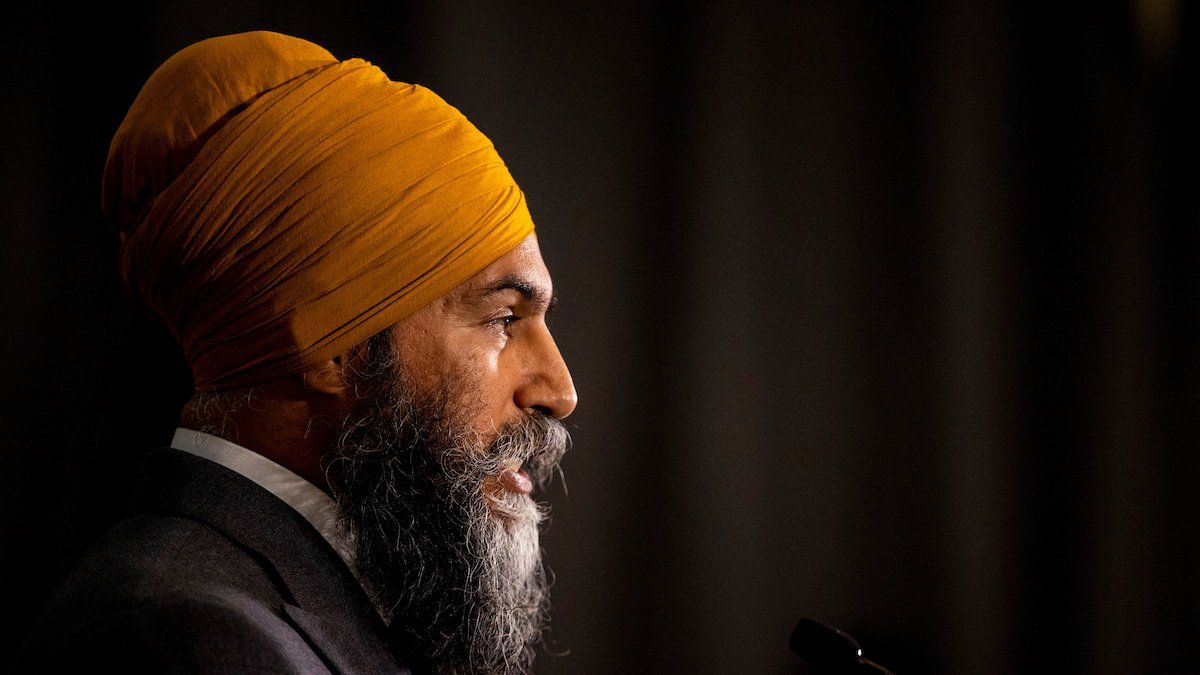The New Democratic Party has ended its supply and confidence agreement, which saw the party support the governing Liberals in the legislature in return for policy concessions. The move doesn’t guarantee an early election – which is scheduled for fall 2025 – but it makes one more likely and turns up the heat on the Liberals, who are down in the polls and trailing Pierre Poilievre’s Conservative Party.
NDP leader Jagmeet Singh says his party will now operate on a case-by-case basis, deciding on the fly whether to prop up the Liberals or risk defeating them and sending the country to the polls. Under the supply and confidence agreement, the Liberals and NDP developed a handful of initiatives, including anti-scab legislation and both public dental care and public prescription drug care plans that are each at various stages of development, with the former open for seniors, children, and some disabled adults.
With the agreement in shreds, the Conservative Party is pressing for an election that it’s favored to win and, in the process, looking to wrongfoot the NDP.
Is a no-confidence vote looming? “When parliament returns, the Conservatives will be looking for opportunities to exploit their divisions – I wouldn’t rule out a non-confidence motion that forces the NDP into the unenviable position of either supporting the Liberals or voting to force a fall election,” says Graeme Thompson, a senior analyst with Eurasia Group's global macro-geopolitics practice.
Should that come to pass, the NDP might end up having to support the Liberals after all, a move that would make it hard for them to use this time to distinguish themselves from their erstwhile partners.
For more on this, check out Evan Solomon’s column on this here.
More For You
Mastercard Economic Institute's Outlook 2026 explores the forces redefining global business. Tariffs, technology, and transformation define an adaptive economy for the year ahead. Expect moderate growth amid easing inflation, evolving fiscal policies, and rapid AI adoption, driving productivity. Digital transformation for SMEs and shifts in trade and consumer behavior will shape strategies worldwide. Stay ahead with insights to help navigate complexity and seize emerging opportunities. Learn more here.
Most Popular
Think you know what's going on around the world? Here's your chance to prove it.
A Democrat won Miami’s mayoral race for the first time in nearly 30 years. The Republican defeat will ring some alarms for the party – and their support among Latino voters.
50: Mexico’s President Claudia Sheinbaum is taking a page out of US President Donald Trump’s book, implementing up to a 50% tariff on more than 1,400 products in a bid to boost domestic production.
